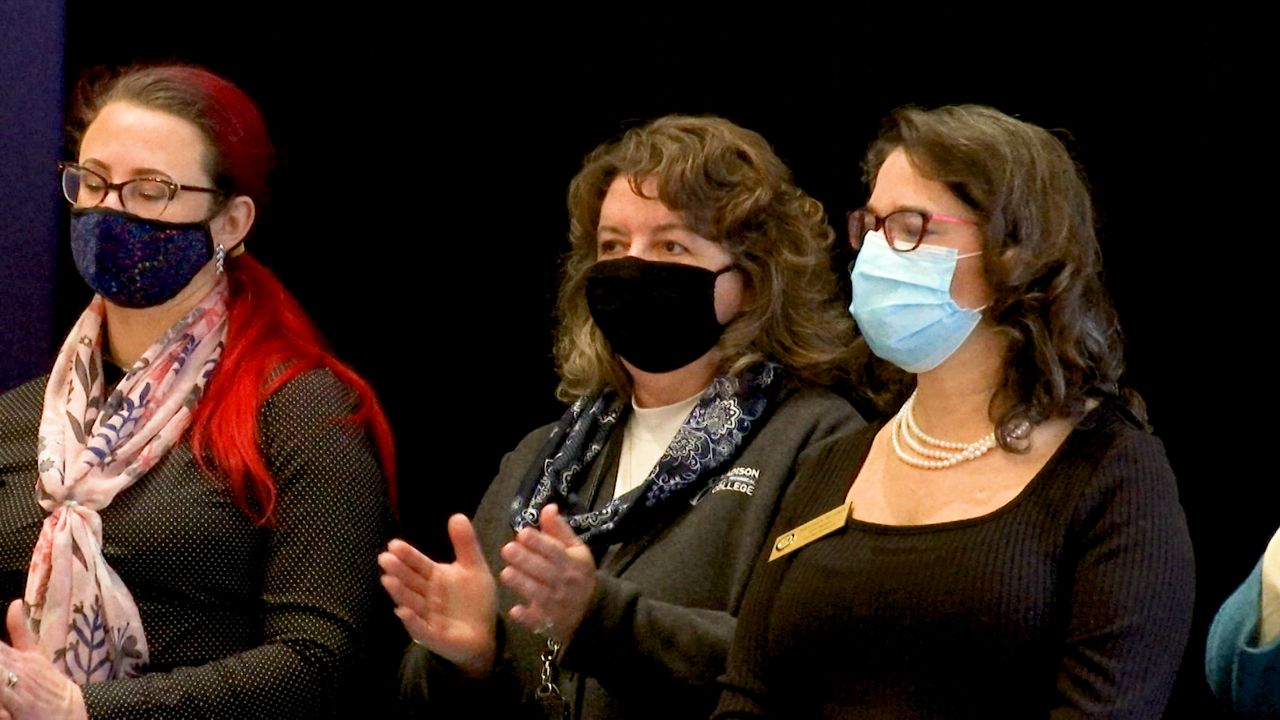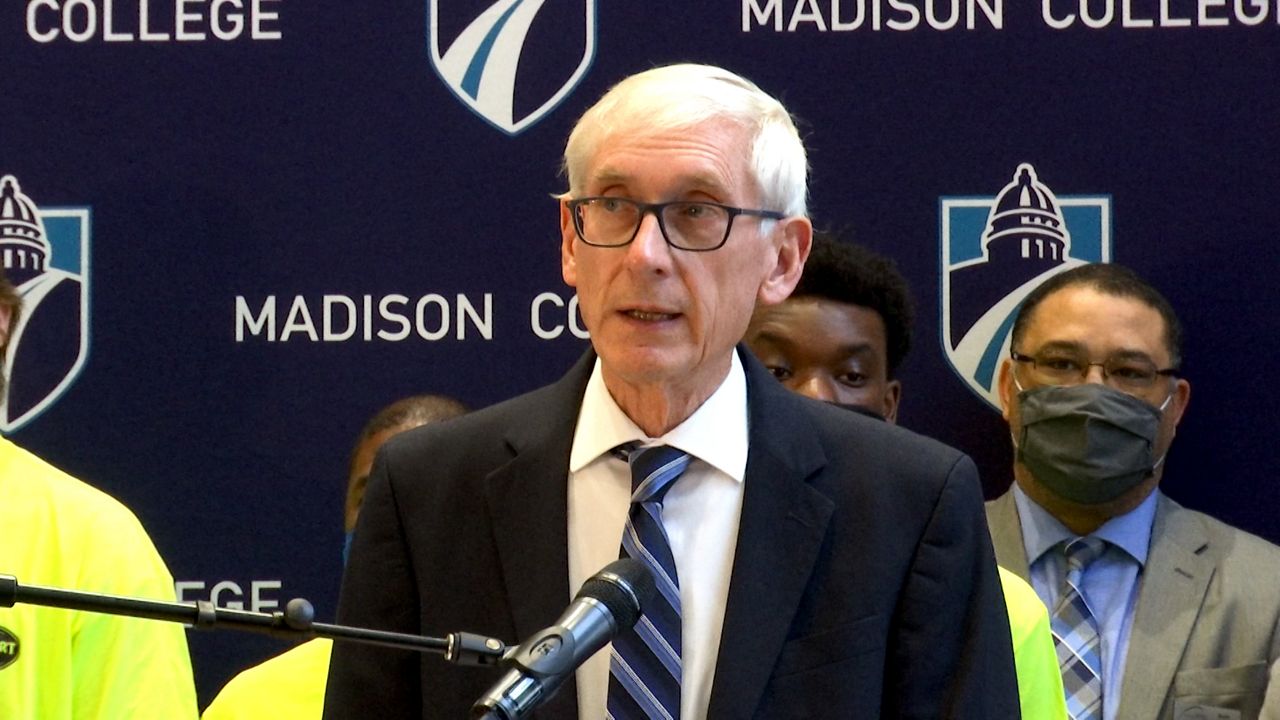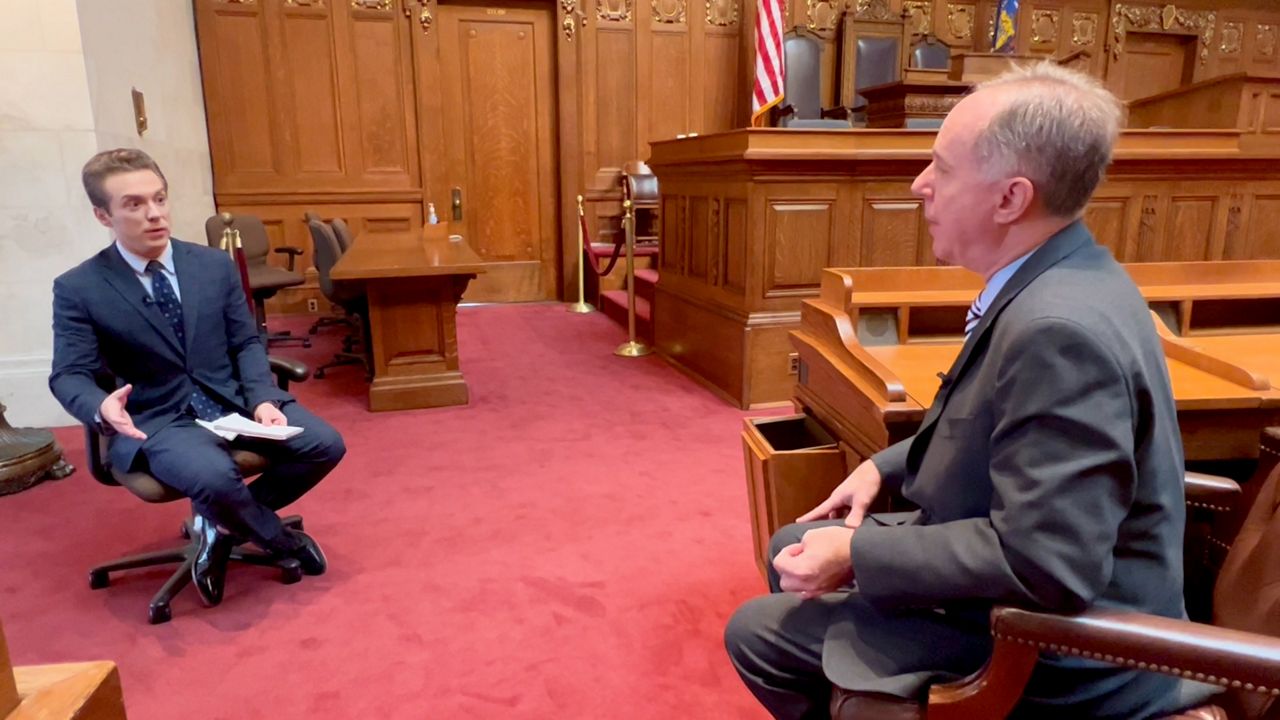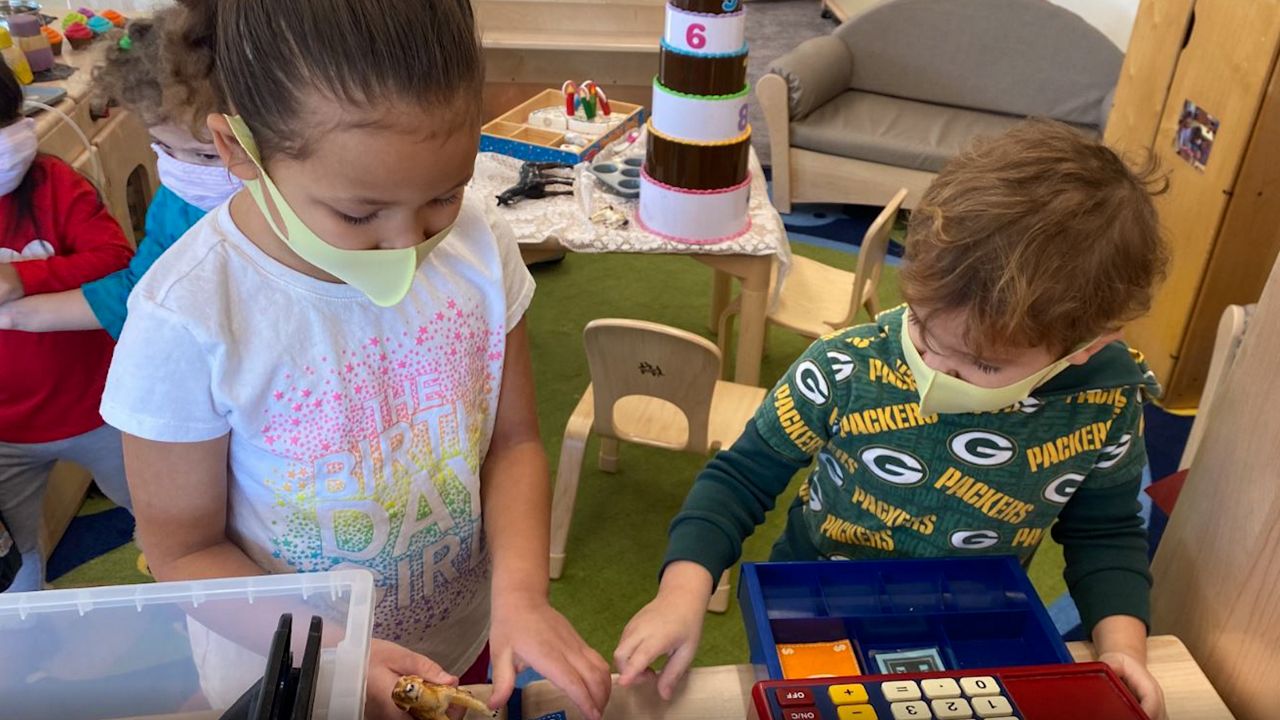MADISON, Wis. — There's no simple solution for Wisconsin's workforce shortage, but one thing is clear: people can't work if they don't have affordable child care.
Gov. Tony Evers hopes to fix that issue by putting funds toward in-demand skills.
As some businesses start to rebound from the pandemic, more slots are needed at child care facilities. The problem is there aren't enough workers to keep up with demand.
Donna Jost, who manages Madison College's Early Learning Campus, knows firsthand how hard it can be to fill a position in the child care industry.
“It absolutely is feeding on itself, so one of the problems creates a second problem, which comes back to the first problem, which creates the second problem again,” Jost explained.

Jost has had an open position for almost seven months now.
“People have shied away because of the hourly rates,” Jost said. “People have shied away from the field because, in general, we are an aging demographic, and with the pandemic, it's become a potential health concern.”
Gov. Evers stopped by the campus Thursday morning to announce funding as part of the first round of the Workforce Innovation Grant program.
“The folks at Madison College identified two major challenges in the area's workforce,” Gov. Evers said. “First, the need for childcare, and, secondly, access to training and upskilling for in-demand jobs.”

12 grants funded by the federal American Rescue Plan Act, totaling nearly $60 million, were awarded across Wisconsin, with a second-round coming in 2022.
“We will strengthen the pipeline of skilled child care professionals,” Madison College President Jack Daniels said. “We'll achieve this by leveraging Madison College's experience and partnerships to provide more care ourselves.”
Madison College will receive nearly $3 million. However, Republicans like Assembly Speaker Robin Vos are critical of the spending.

“Rather than saying let's focus on hard to fill careers or help people get back into the workforce, it's let's give a bunch of money out to people around the state who maybe could spend it smarter than we will,” Vos said. “There's no plan, there [are] no metrics, there's no judgment to say whether or not it was successful or not. It's literally writing a blank check to a bunch of organizations hoping that they will do good. Maybe they will, but if that's the best the governor has to offer, that's embarrassing for our state.”
Madison College will use part of the funds to develop in-demand skills training in child care with the hope of helping offset costs for students who may be more likely to stay in the field longer with specialized education.
“There is a cost associated with being a student, so these grant opportunities are great ways for students to have scholarships that allow them access to the education that they need to continue in their careers,” Jessica Cioci, Dean of the School of Human and Protective Services at Madison College, said.

It's often a so-called catch 22 as offering competitive pay is hard without raising rates, and doing that makes child care less affordable for parents who sometimes ultimately decide to stay home.
Jost hopes helping students save on their education will at least offer more incentive to enter the field.
“That cycle has been happening since long before the pandemic,” Jost said. “It's just now there's attention placed on both the importance of the work and the reality that this is a crisis.”










